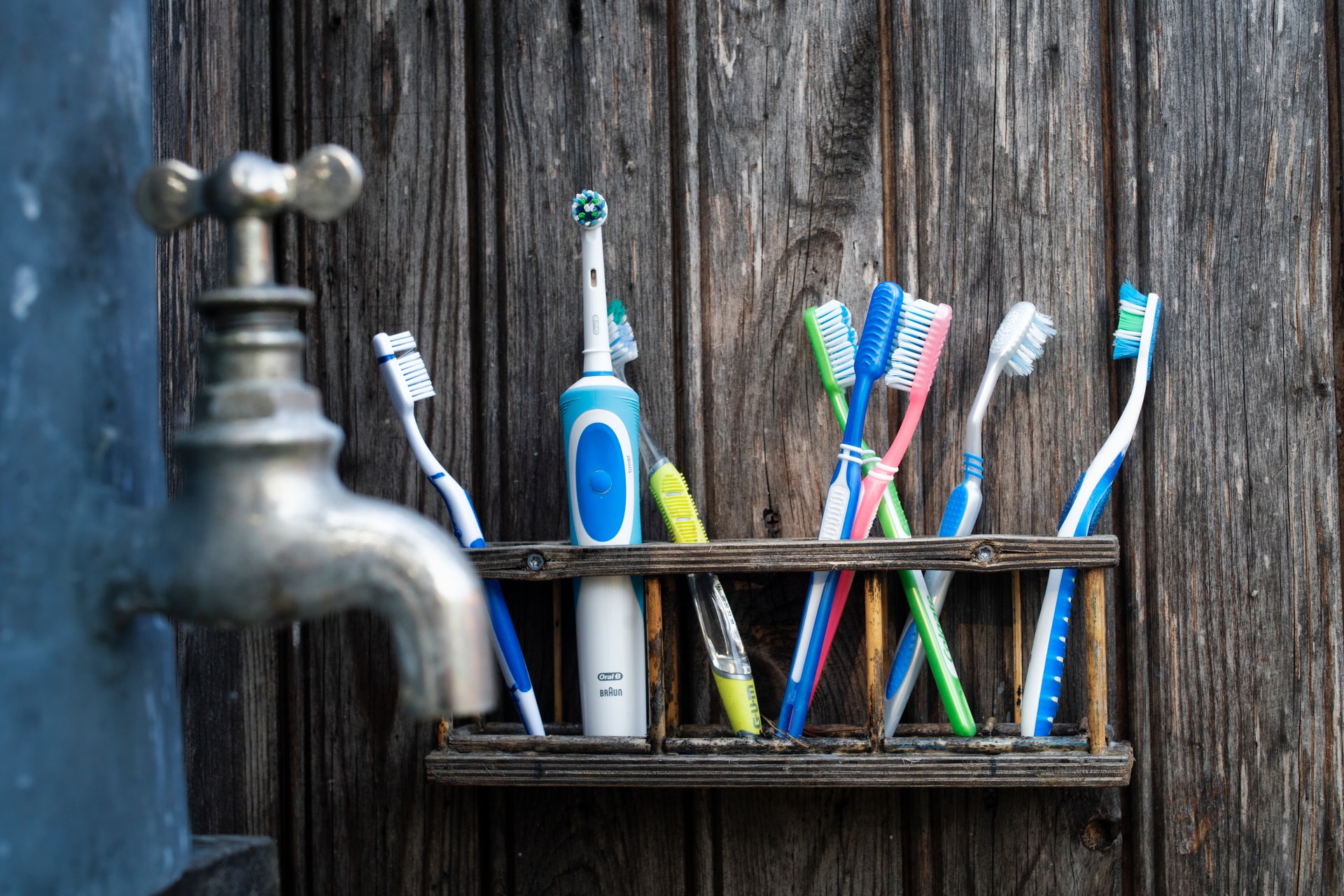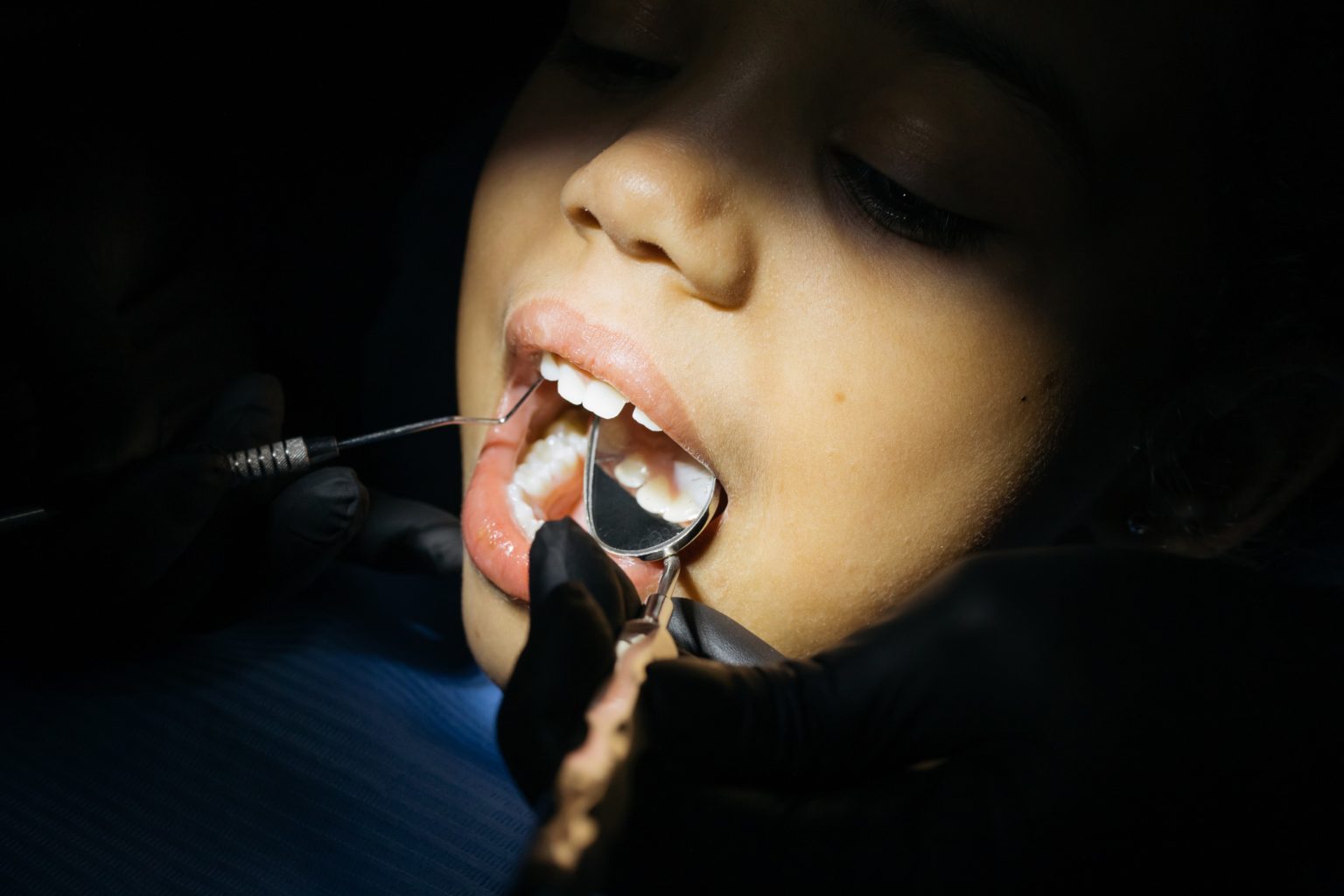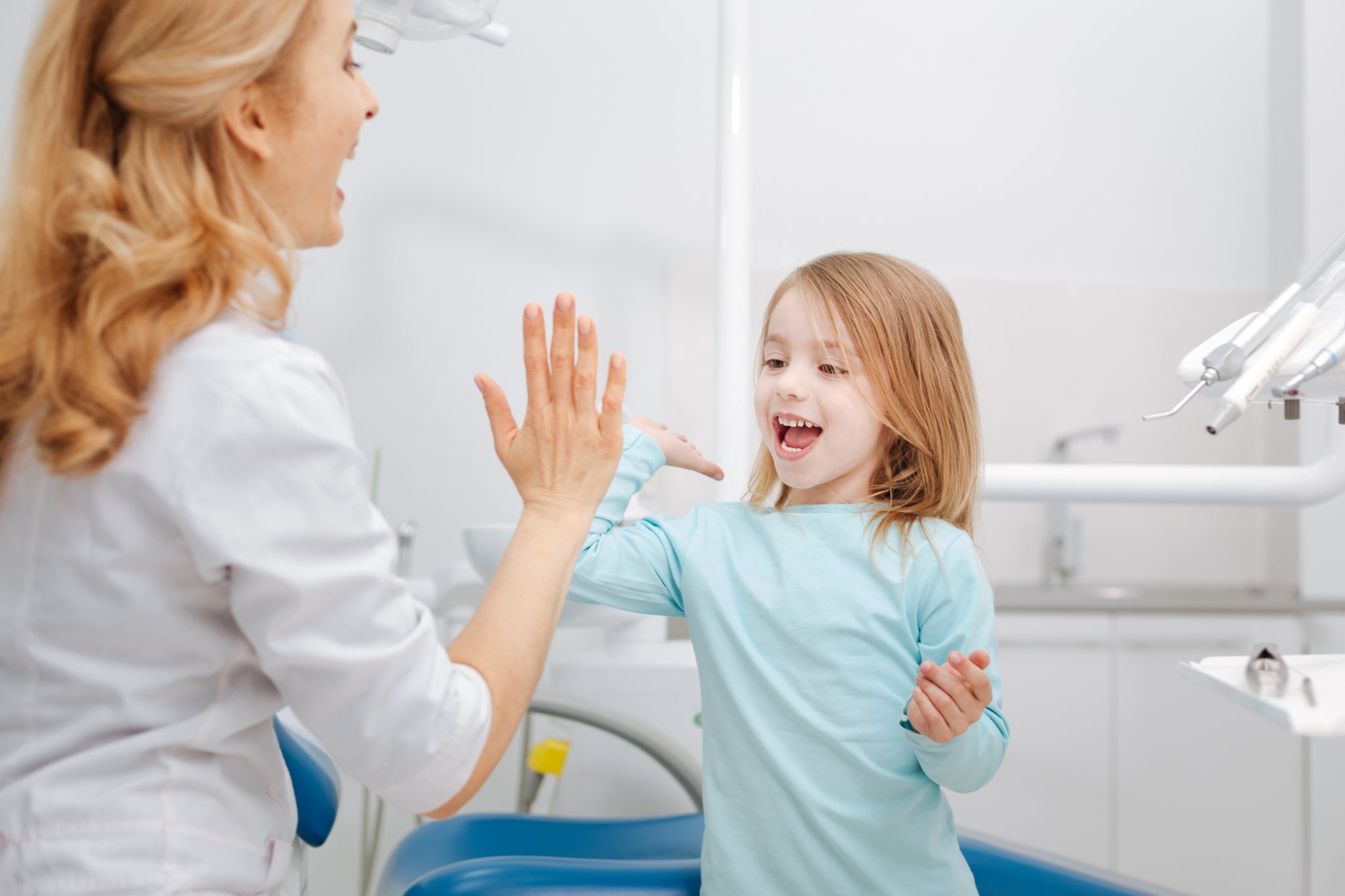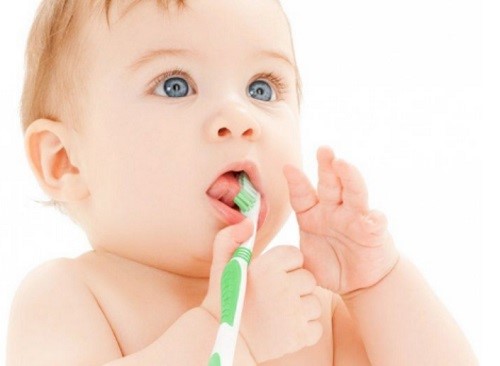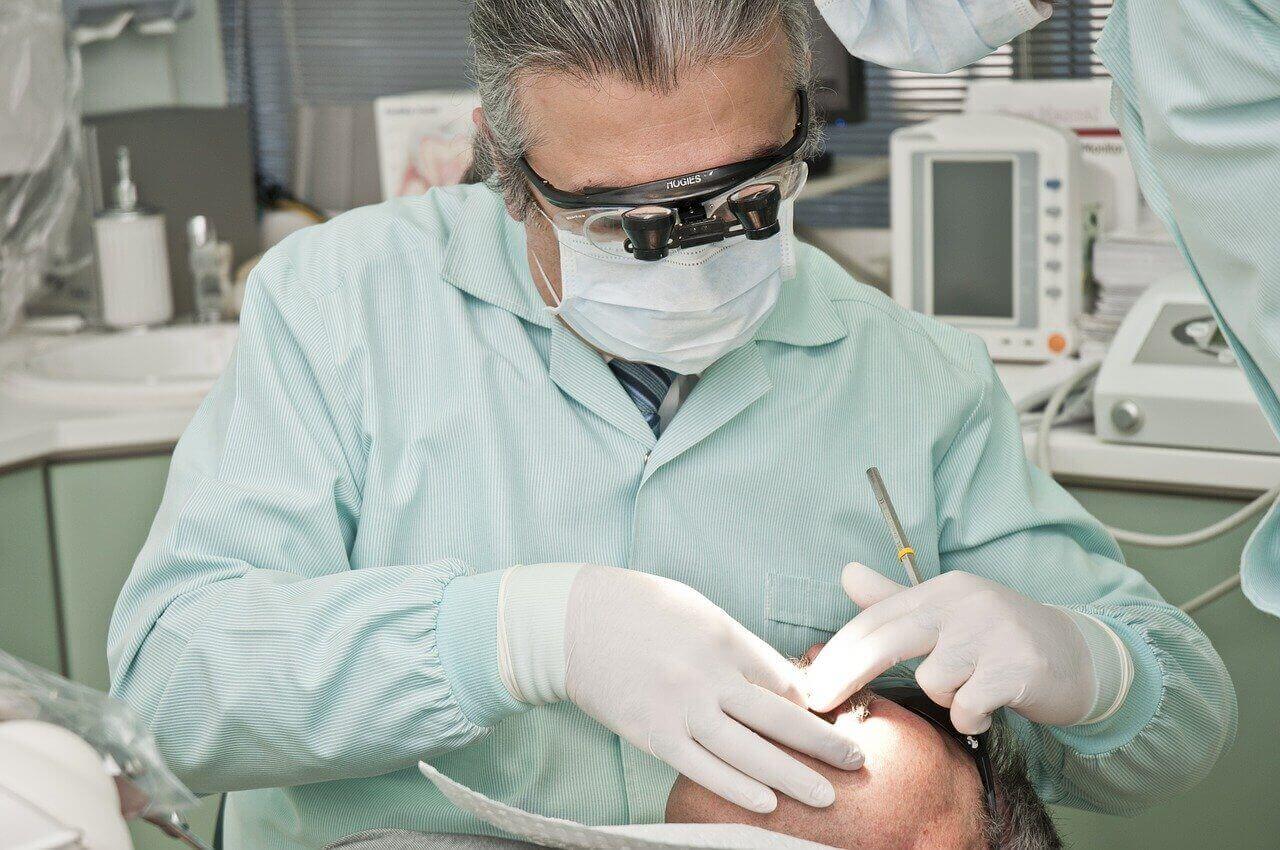No one likes having increased sensitivity and discomfort in their mouth. Luckily, getting rid of itchy gums is usually a quick and easy process with the help of your dentist. If you’re looking for itchy gums relief, you can schedule a professional cleaning at Definitive Dental. Find out about our itchy gums treatment in Grand Prairie, Texas.
Why Do My Gums Itch?
Gums can itch due to several factors. Lots of times, gums start itching because of bacteria buildup in the mouth. Itchy discomfort is the body’s reminder or sign to you that you need to change something about how you care for your gums. Hormonal changes, including those related to puberty, pregnancy, and menopause, can lead to increased gum sensitivity, but you shouldn’t assume that’s why your gums are itching. Getting a dental consultation is the best way to confirm the cause and create an itchy gums treatment plan.
Also, sometimes gums will itch due to a person’s allergic reactions or sensitivities, although allergy-related itchiness often occurs not just on the gums but also on the roof of the mouth and/or even the tongue. Even something as simple as an overly dry mouth can result in sensitive gums protesting. So, there are a variety of reasons that gums may itch. If your gums are itchy, you’ll want to find out why as soon as possible. That way, you can get itchy gum relief by targeting the problem so you don’t have to keep feeling the discomfort in your mouth.
Is Having Itchy Gums a Recurring Condition?
If your gums are causing you discomfort, you’ll be looking for immediate itchy gums relief. Then, with your completed itchy gums treatment, you’ll want to know if this source of discomfort is likely to happen to you again soon. While it’s impossible to completely predict the causes of discomfort in your mouth, you can minimize your risk of getting itchy gums by paying attention to how you take care of your oral health. Itchy gums are usually associated with gingivitis and periodontal disease. The most common causes for this type of irritation in the mouth are insufficient brushing and flossing and not routinely seeing a dentist. Proper oral hygiene is important for everyone, especially those who have an increased risk of gingivitis, or gum disease.
Even though no one wants to have this type of discomfort in their mouth, temporary gum irritation happens to many adults for a variety of reasons. The good news is that, no matter what’s causing your gum discomfort, it’s probably something that can be addressed through better dental hygiene and proper professional support. Usually, having itchy gums doesn’t have to be a recurring condition, unless you cause it to come back through neglect of your oral hygiene.
What Is the Typical Itchy Gums Treatment?
Since gums are delicate tissues that act as seals around each tooth, healthy gums are crucial for protecting your teeth. This means that itchy gums are typically signals of extra germs or bacteria buildup in the mouth. So, most of the time, itchy gums relief comes down to prevention through proper dental hygiene supplemented by itchy gums treatment through professional dental care.
Whether your gums are itchy because of plaque buildup or gum disease, you don’t have to wait out the discomfort. Getting itchy gums treatment is possible and usually simple, but you’ll need a specific examination and follow-up support from a dentist. That way, you can secure itchy gums relief and work towards healthier gums in the long-term.
A Targeted Treatment Plan
Don’t assume that you can self-diagnose the cause of your itchy gums or attempt to come up with your itchy gums treatment plan, because you may not target the real source of the problem. It’s important to recognize that inflamed or exceptionally irritated gums can be a signal of early gum disease or gingivitis. On the other hand, extra severe pains, aches, or swells can point to an internal mouth injury or tooth abscess. In these cases, securing itchy gums relief may also mean addressing other problems in the mouth.
These more serious sources of discomfort can still be treated fairly quickly and easily, but you’ll want your dentist to examine your mouth and create a treatment plan for your itchy gums. The most common sign of itchy gums is that your gums bleed while brushing or flossing. However, daily bleeding might be a clue of a basic concern a dentist should check. In any case, a dentist can help you determine the source of your itchiness and develop a solution for itchy gums relief, which can range from a good professional cleaning to a more targeted care plan.
Schedule Your Support
Itchy gums relief, treatment, and avoidance come down to scheduling support from your dentist, to supplement your regular oral health routine. Whether you want to get your gums to stop itching right now, or would like to prevent the same problem from recurring in a few months, we recommend scheduling an appointment for proper dental care. Of course, you can’t control if you have an allergic reaction or an oversensitivity to a medication that makes you have a dry mouth, resulting in temporarily itchy gums. But you can regularly schedule dentistry appointments, brush and floss teeth daily, and properly care for your gums, reducing your risk of having to deal with itchy gums more.
Although it may sometimes seem like you can prevent and treat gum discomfort at home, you should schedule an appointment with your dentist. Regular professional dental cleanings can prevent pain and discomfort in the mouth, including gums itching unnecessarily.

A Regular Routine
While it is always important to prioritize your oral health habits at home, there’s no substitute for the professional level of cleaning and care received at the dentist. A trained hygienist can help you not only identify the cause of any discomfort or pain in your mouth but can also provide targeted, professional solutions to move beyond itchy gums.
Regular dental cleanings are one of the most routine methods of relief for itchy gums. Making a priority on the oral health part of your routine will help you get itchy gums relief that lasts. There’s no need to suffer from itchy gums, so don’t delay in coming in for professional support. Dental health means taking care of not just your teeth, but also your gums. Schedule an appointment with Definitive Dental to get the help you need! Call our office at (972) 646-0660 or submit a form online.
Want to learn more about our dental experience? See what our patients are saying.

